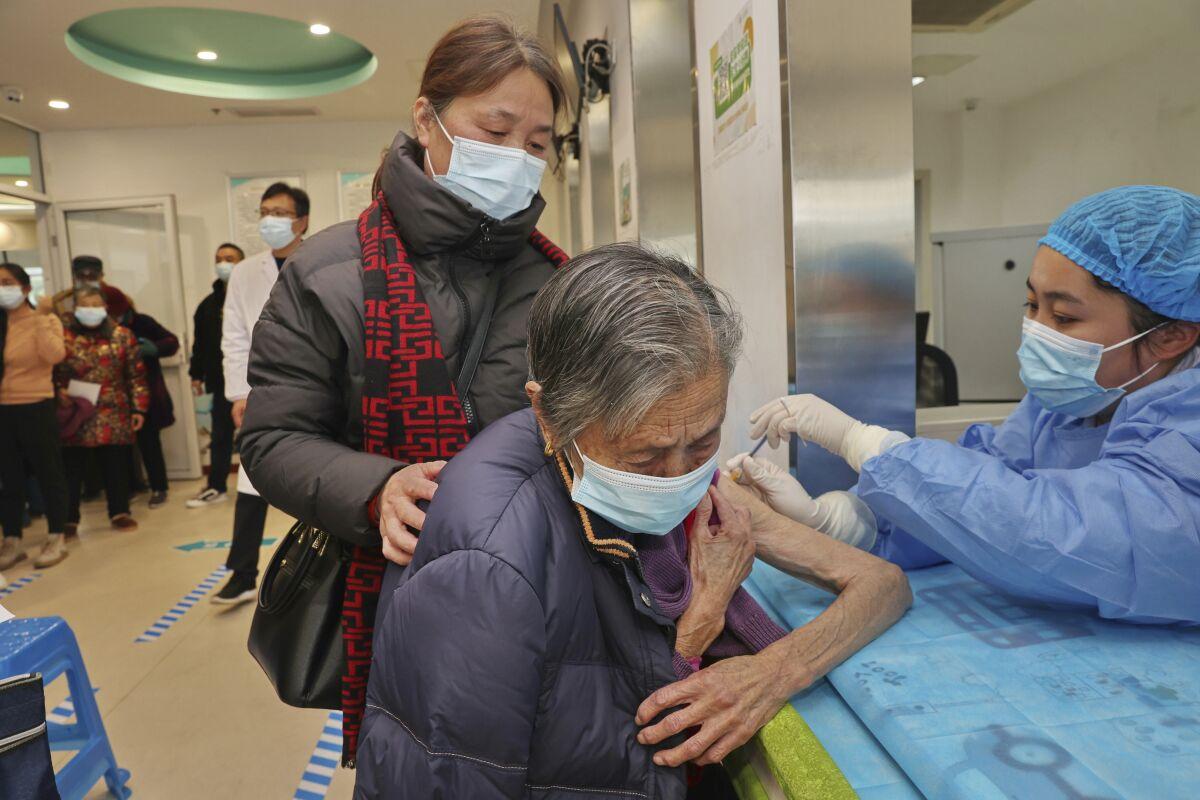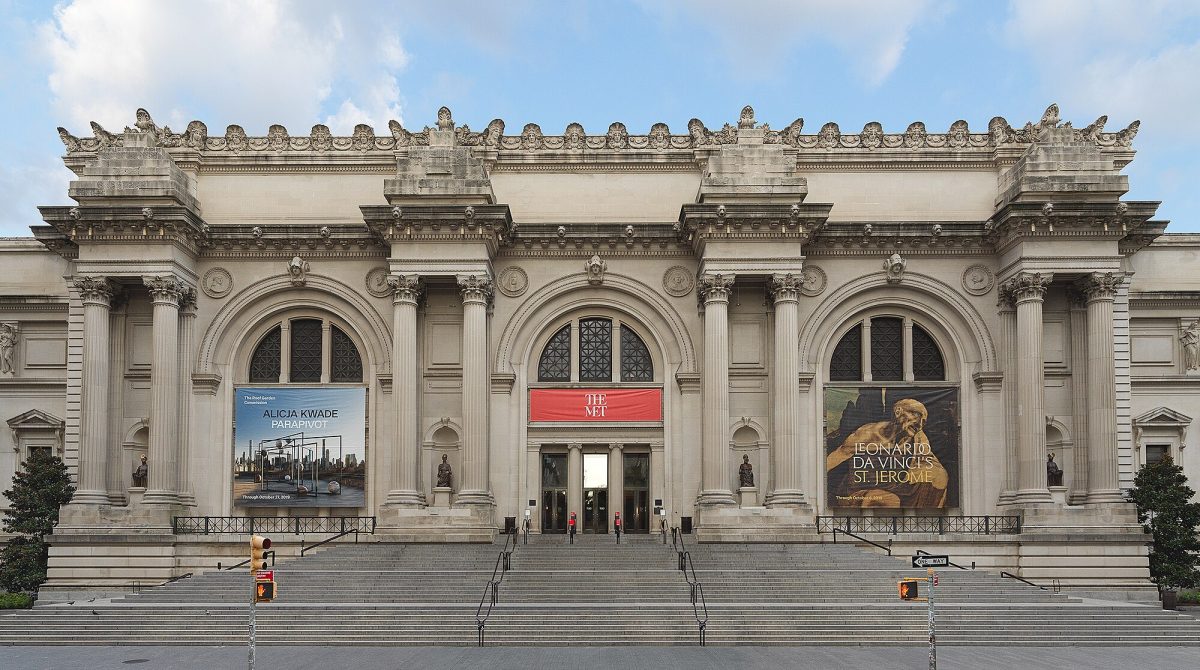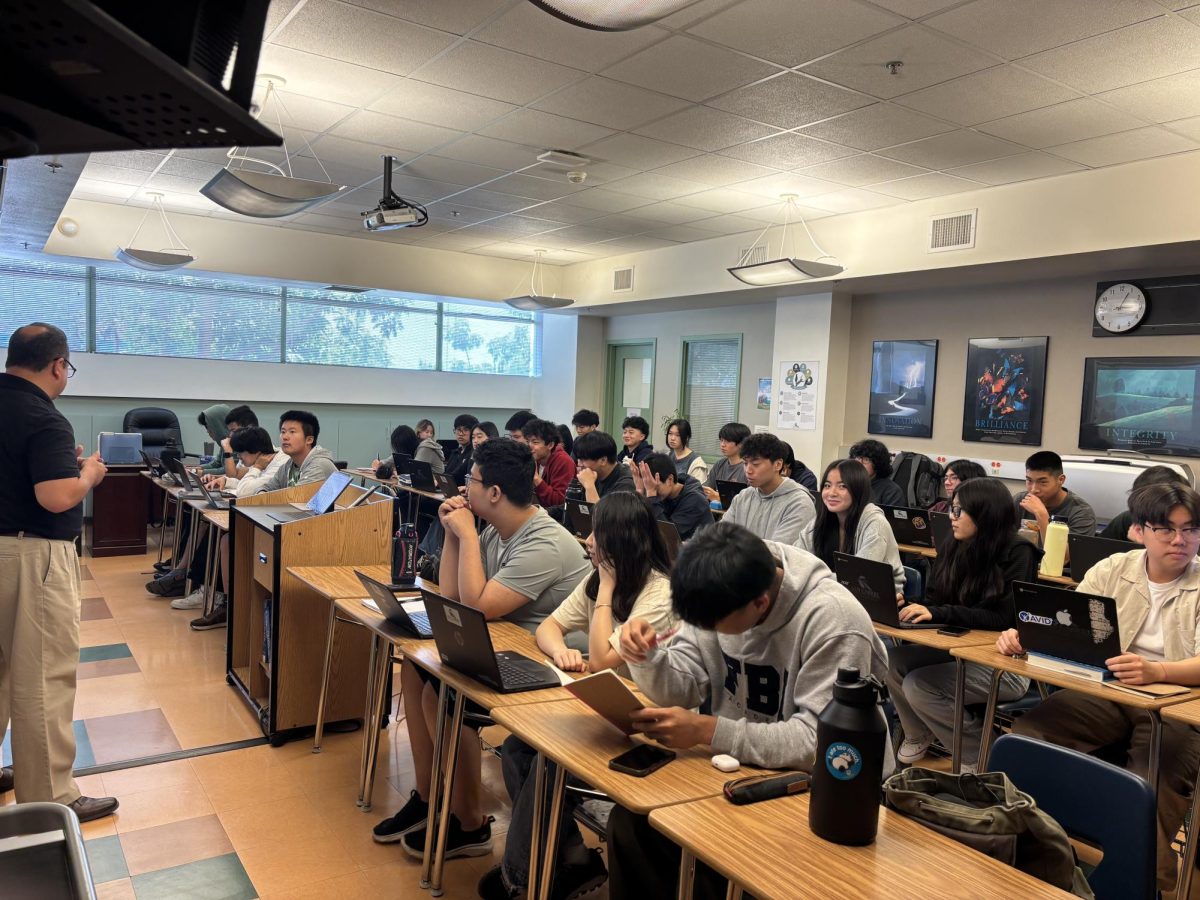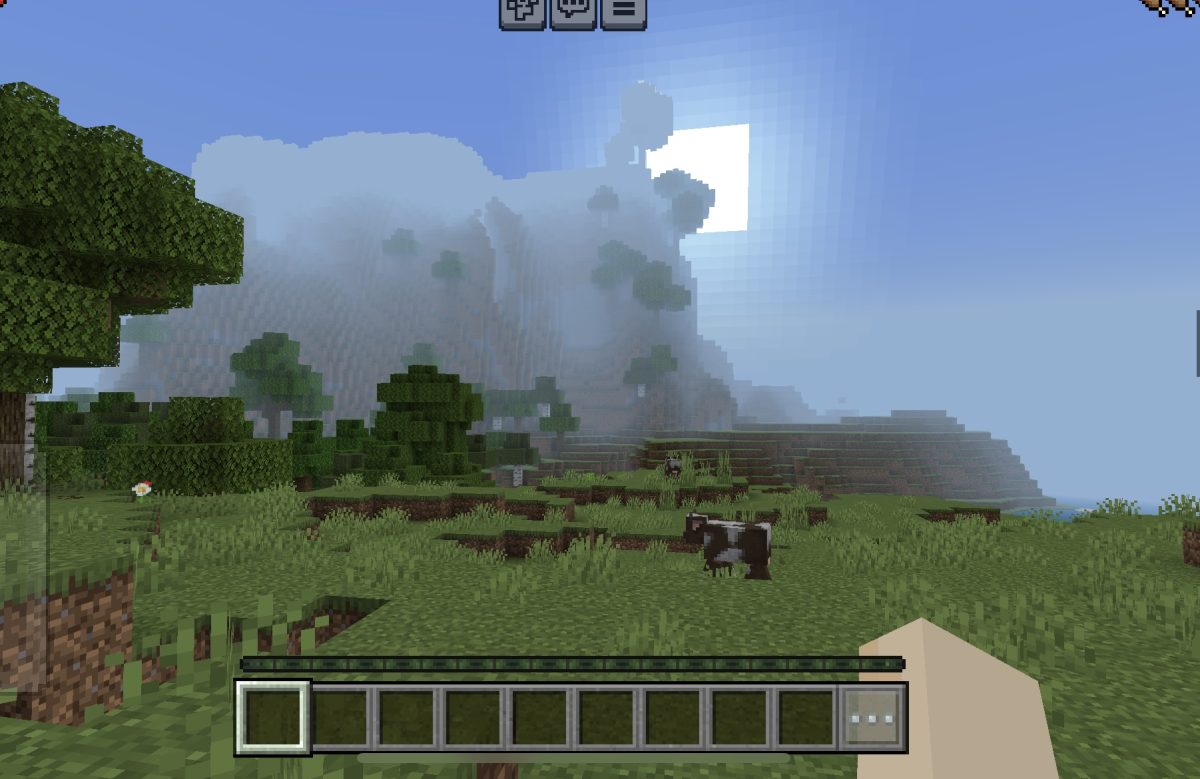
By Sophia Pu | Production Chief
On Dec. 7, the Chinese government relaxed its zero-COVID policy, which included the tracking of positive cases, mandatory quarantines, and lockdowns of buildings, cities, and transportation. The move was a sudden reversal of three years of strict regulations.
According to AP News, the rollback on restrictions includes allowing those who test positive to quarantine in their homes, limiting lockdowns to singular buildings, reducing quarantine length, and requiring businesses, transportation, hospitals, and schools to remain open if they are not at risk. Now, most international non-tourist travelers only need a negative PCR test result to enter the country although leisure tourists are still banned.
The government lifted the rules after deeming the risk of contagion low enough. However, hospitals and crematoriums, especially in Beijing and Shanghai, continue to struggle with rising case numbers.
“The hospital is just overwhelmed from top to bottom,” said Howard Bernstein, a doctor at Beijing United Family Hospital, to Reuters.
National Chinese health organizations stopped reporting cases in December, drawing international criticism. As of Jan. 12, NPR reported the current surge could infect 800 million people, and British research firm Airfinity estimated there could be at least 9,000 deaths per day.
The situation is exacerbated by Lunar New Year travel, the emergence of new variants, and low vaccination rates, especially among the elderly.
Only 30 percent of people over 60 have been vaccinated in China, due to skepticism about the effectiveness of the Chinese vaccine and its side effects. The Chinese government continues to refuse to administer foreign vaccines that have been proven effective against recent variants.
The recent wave has also caused many countries to require negative tests for travelers from China, with South Korea and Japan restricting visas and limiting flights. The Chinese government restricted visas for South Korean and Japanese citizens in return.
In the early days of the pandemic, China’s zero-COVID policy was effective at minimizing cases and returning the country to near normalcy. However, this left their healthcare systems unprepared for outbreaks from more contagious mutants in 2022.
The government responded to the rise in cases with strict testing and lockdowns on buildings, factories, districts, and cities. By late September of last year, protests erupted across China.
People first began gathering in Shenzhen, Beijing, Zhengzhou, and Guangzhou, despite censoring and clashes with the police. After ten died in a fire in Urumqi, the capital of the Xinjiang region in China, protests escalated as the public blamed COVID restrictions for blocking escape and rescue routes.
In late November, there were protests in Urumqi, Wuhan, and Chengdu. At universities and in major cities, thousands of people held vigils for the dead, raised blank sheets of paper and flashlights, and chanted in dissent.
“This nationwide protest has made me realize that I am not the only one who is angry, and there may be hope for this country,” stated a customer service worker in Shijiazhuang to the Guardian.
In addition to the policy’s strain on mental health, citizens have also faced financial hardship. In early 2020, CNN reported a collapse in all sectors of the Chinese economy as businesses shut down.
The government has since supported growth in the manufacturing and infrastructure sectors, as well as steps toward the recovery of the housing, retail, and service markets. However, China’s overall economy continues to shrink toward recession, and the unemployment rate, especially for young people, is set to remain high for the next year.






